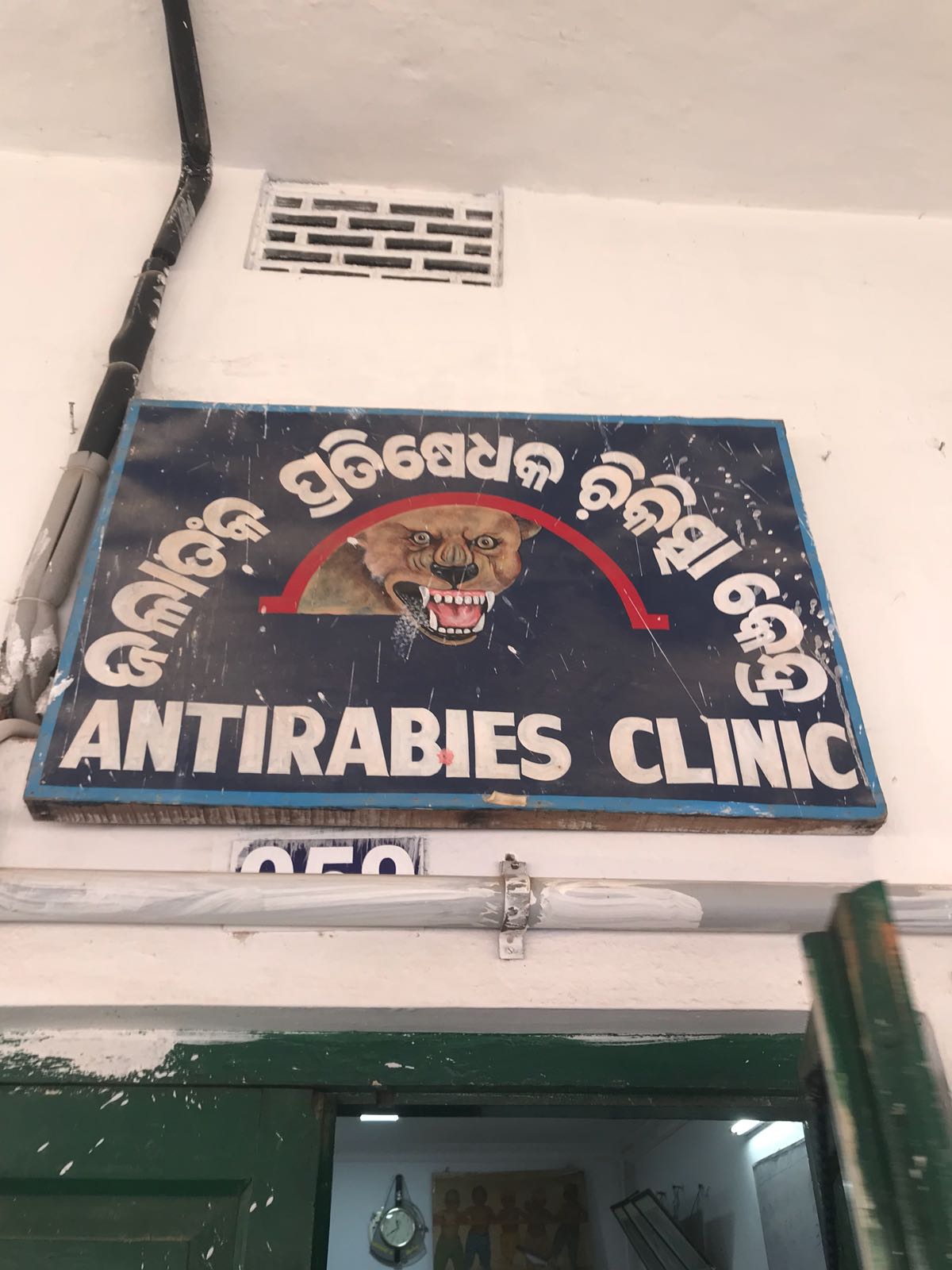Signage in rural India
Global Rescue routinely assists our members abroad with animal bite cases. Our Medical Operations personnel offer the following recommendations for what to do when encountering stray animals.
As a rule, travelers should presume that all stray animals are rabid and avoid contact with them. Dogs are the main source of human rabies deaths, contributing up to 99% of all rabies transmissions to humans.
Dog bites are very common amongst tourists, with varying risk factors for contracting the disease. The depth of the bite, number of bites, and the stage of illness of the dog are primary considerations. Bites to the upper body and head are the most likely routes of transmission. It’s imperative to remember that once contracted, rabies is almost always deadly without prompt post-exposure vaccination.
While complete avoidance of stray dogs is the best practice, travelers should keep the following in mind:
- Ensure that you receive prophylactic rabies vaccinations prior to travel. This substantially decreases the likelihood of infection after exposure. You will still require two post-exposure vaccinations, but will not require human rabies immune globulin, a product that is not readily available in numerous developing countries.
- Always remain calm around stray animals and walk slowly so that they are not encouraged to give chase.
- Never bring food in the vicinity of stray dogs, especially when they’re in packs. The same holds true for monkeys.
- If a stray dog attacks, do anything necessary to shield yourself from being bitten near the head or upper body.
If bitten, immediately wash the wound with soap and water, and seek care at the closest medical facility. The same holds true if a stray dog licks any area of broken skin, or near any mucous membranes. Unvaccinated individuals will require a series of vaccinations: one dose post-exposure, and additional doses on day 3, 7, and 14, as well as a shot of rabies immune globulin at the same time as the first dose.
Global Rescue members should contact Global Rescue at the time of exposure so that we can coordinate post-exposure care in a timely manner. The Global Rescue Operations team is standing by 24 hours a day, 7 days a week, and 365 days a year to provide travel assistance and advisory services to our members worldwide.









